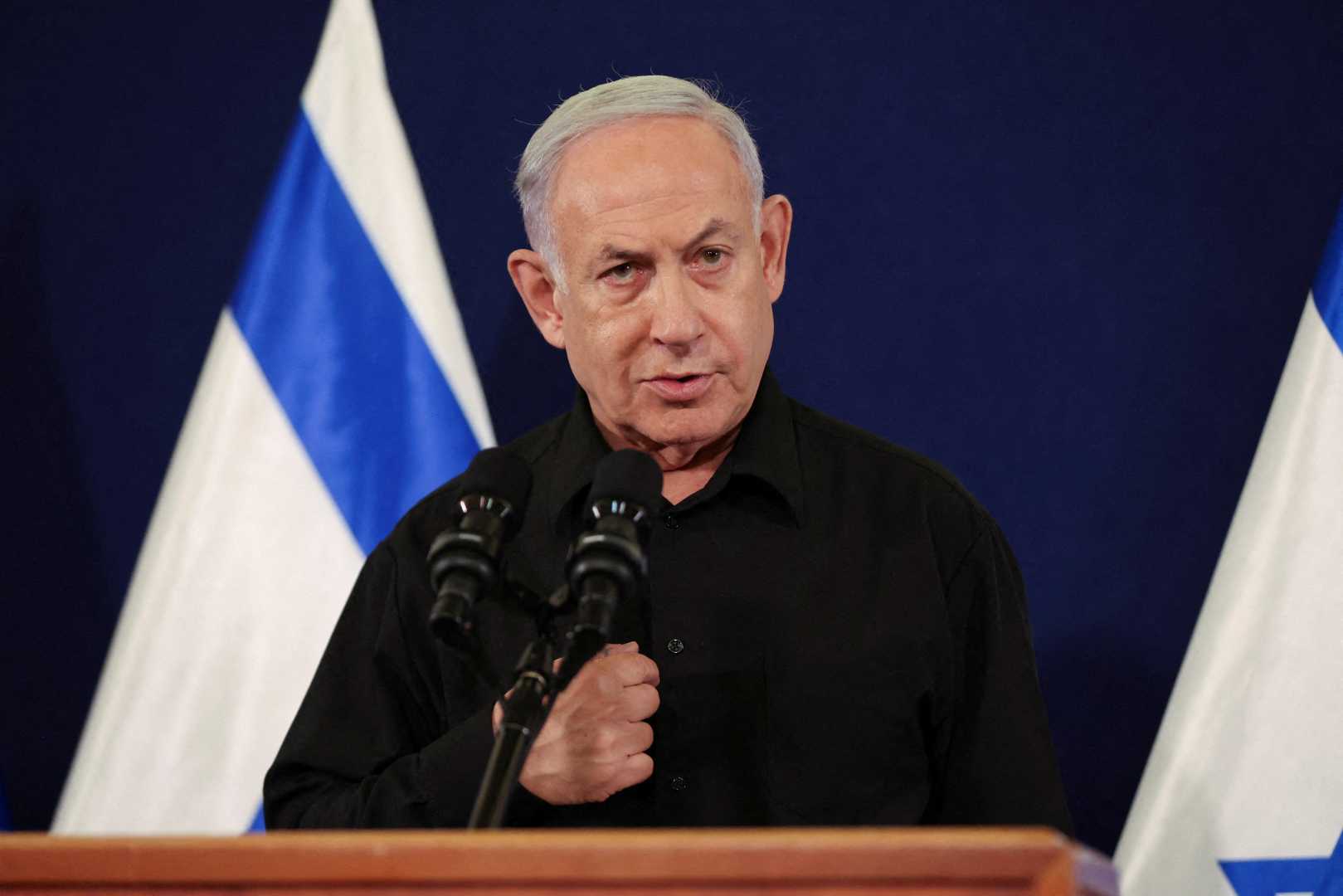News
Netanyahu’s Legacy: Conflict In Israel and the Middle East

JERUSALEM, Israel — Since its founding in 1948, Israel’s prime ministers have aimed to create lasting legacies, often through war or diplomacy. David Ben-Gurion, Golda Meir, Menachem Begin, and Yitzhak Rabin each influenced the nation’s path. None, however, has ruled as long or as controversially as Benjamin Netanyahu.
In recent years, questions have arisen about what legacy Netanyahu is truly building. His tenure reflects an effort to solidify Israel as a dominant regional power, often at the expense of Palestinian statehood. Netanyahu has long maintained that Israel’s security must take precedence, viewing any prospect of a Palestinian state as a threat. This perspective has impacted his decisions, particularly in the ongoing conflict in Gaza.
Israel’s military operations have faced accusations from human rights organizations and United Nations agencies, alleging war crimes and ethnic cleansing. Tens of thousands of Palestinians are reported dead, and the humanitarian crisis has reached unprecedented levels. International responses include discussions of genocide charges against Netanyahu at the International Court of Justice.
Despite global condemnation, Netanyahu insists that military actions, including the destruction of Gaza, are necessary for Israel’s safety. His approach transcends Gaza, justifying strikes in Lebanon, Yemen, and against Iranian interests as part of a broader security strategy.
Diplomatic efforts, such as the Abraham Accords, have often sidelined Palestinian issues, presenting normalization as a priority. Netanyahu’s vision appears focused on enshrining Israel’s dominance, eschewing calls for peace that include Palestinian sovereignty.
Critically, while Netanyahu seeks a legacy defined by military strength and dominance, worldwide perceptions are shifting. Many countries increasingly view Israel’s actions as responses rooted in systemic violence, leading to growing isolation even among traditional allies.
Netanyahu stands at a crossroads. His tactics may result in international condemnation rather than the strength he seeks. As violence continues in Gaza and tensions with Iran escalate, the legacy he aims to craft risks becoming one of moral collapse rather than military triumph.












